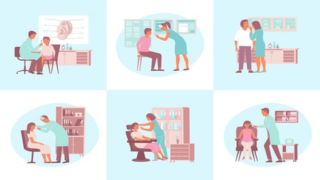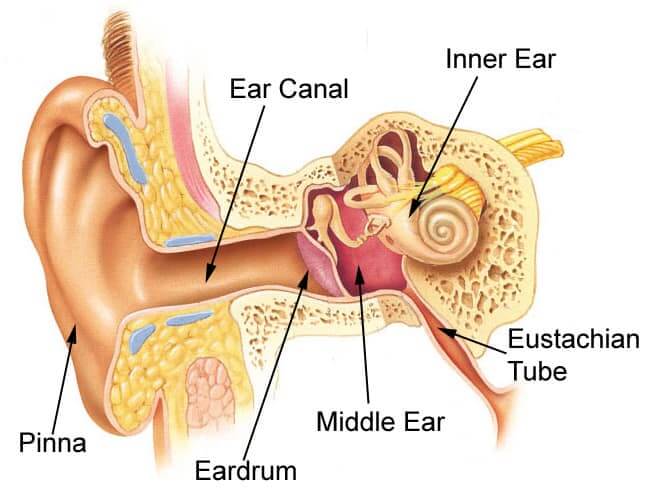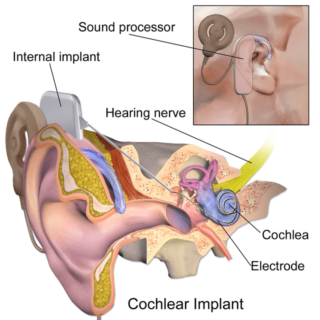The voice is an essential aspect of communication and daily life. Vocal cord disorders can be detrimental to one’s ability to communicate effectively. As an ENT specialist in Gwalior, I have seen many patients suffering from vocal cord disorders. In this article, we will discuss some of the most common vocal cord disorders and their treatment options.

Common Vocal Cord Disorders:
- Vocal Cord Nodules: Vocal cord nodules are small, benign growths that develop on the vocal cords due to frequent voice misuse or overuse. Symptoms may include hoarseness, vocal fatigue, and a breathy voice. Treatment for vocal cord nodules may include voice therapy, which focuses on proper vocal use, and surgery to remove the nodules.
- Vocal Cord Polyps: Vocal cord polyps are similar to nodules and can also cause hoarseness, a change in voice quality, and difficulty breathing. Treatment options for vocal cord polyps include voice therapy and surgical removal.
- Vocal Cord Paralysis: Vocal cord paralysis occurs when one or both vocal cords are paralyzed or do not move properly. Symptoms may include a weak or breathy voice, difficulty swallowing, and coughing. Treatment may involve voice therapy to improve vocal cord function, surgery to reposition the paralyzed vocal cord, or injection of a substance to plump up the vocal cord and improve voice quality.
- Laryngitis: Laryngitis is an inflammation of the vocal cords that can be caused by a viral or bacterial infection, overuse of the voice, or exposure to irritants such as smoke. Symptoms may include hoarseness, a sore throat, and difficulty speaking. Treatment may involve voice rest, hydration, and medications such as antibiotics or steroids to reduce inflammation and promote healing.
Treatment Options:
The treatment for vocal cord disorders depends on the specific condition and its severity. Voice therapy is a common treatment option that involves working with a speech therapist to learn how to use the voice correctly and reduce vocal strain. Voice therapy can be helpful in treating vocal cord nodules, polyps, and some cases of vocal cord paralysis.
In cases where surgery is necessary, Dr. Rahul Agrawal, an experienced ENT specialist in Gwalior, can perform a range of procedures to remove growths or correct structural abnormalities that are causing vocal cord disorders. Surgical interventions are usually performed under general anesthesia and involve minimal risk.
Medications such as antibiotics or steroids may be prescribed to reduce inflammation and promote healing in cases of laryngitis or other vocal cord disorders caused by infection.
Rest and hydration are also important for many cases of vocal cord disorders. It involves avoiding vocal strain, staying hydrated, and getting plenty of rest to allow the vocal cords to heal.
If you are experiencing voice changes or other symptoms of a vocal cord disorder, it is essential to seek medical attention from an ENT specialist such as Dr. Rahul Agrawal in Gwalior, who can provide an accurate diagnosis and develop a personalized treatment plan. With proper diagnosis and treatment, many vocal cord disorders can be successfully managed, and the voice can be restored to its full potential. Don’t hesitate to schedule a consultation today to address any concerns regarding your vocal health.
For more info. visit : https://www.ahrihospital.com/












